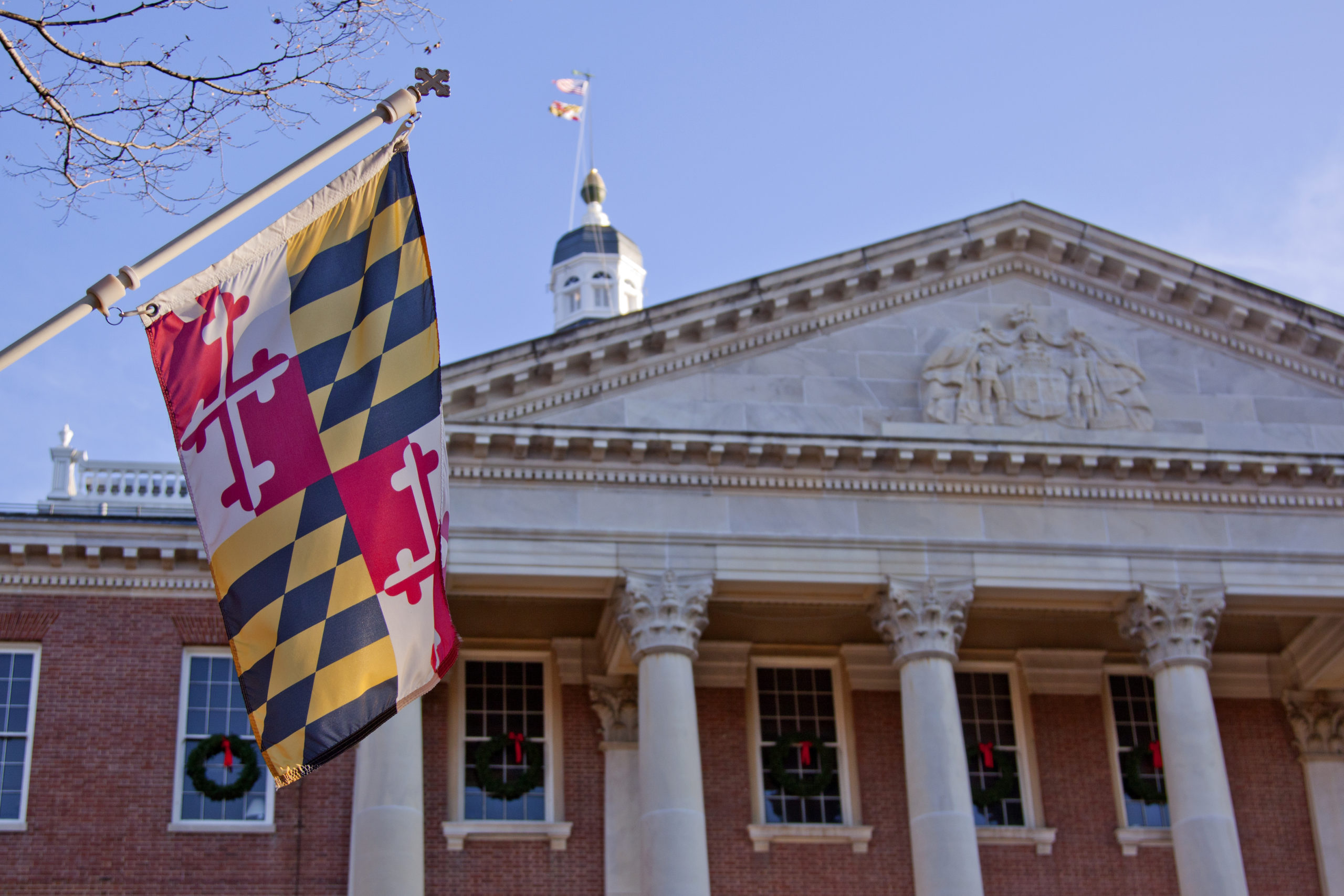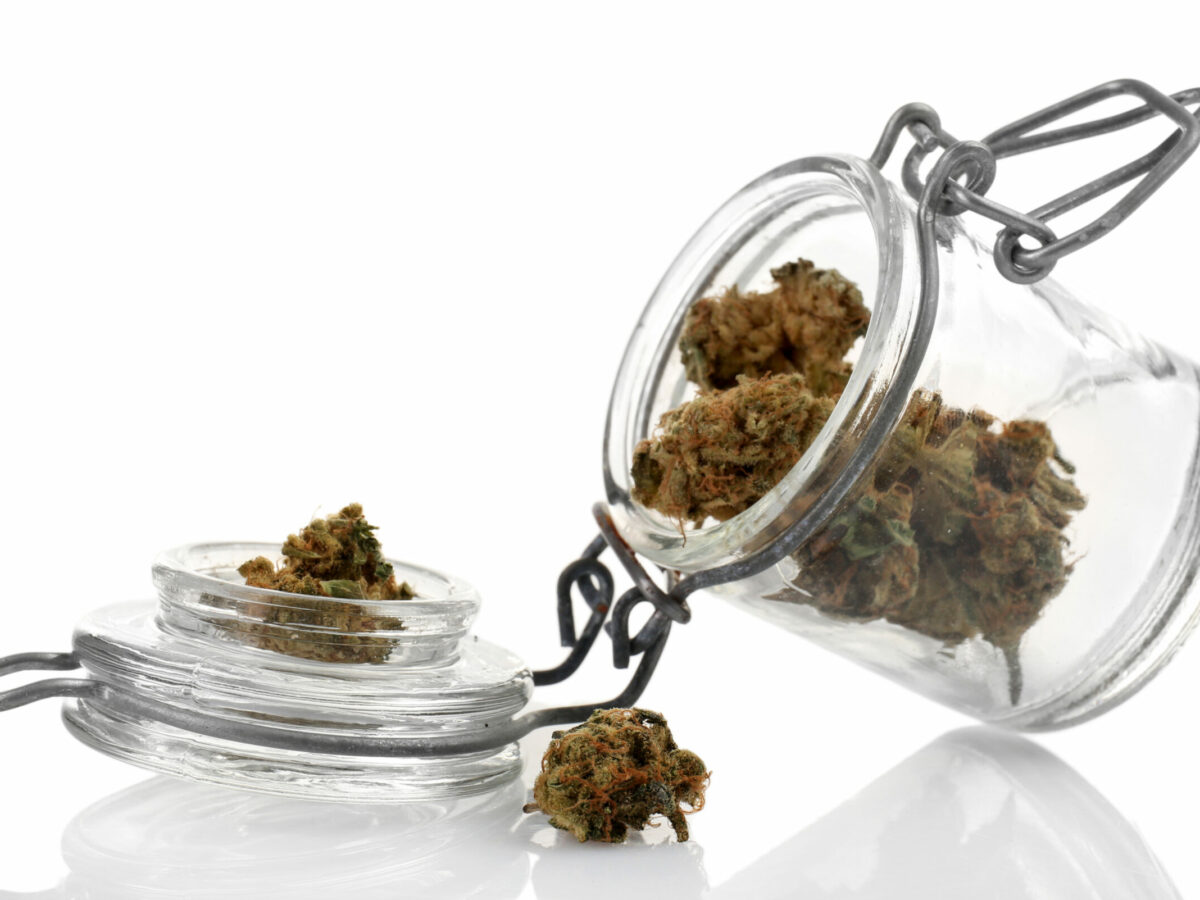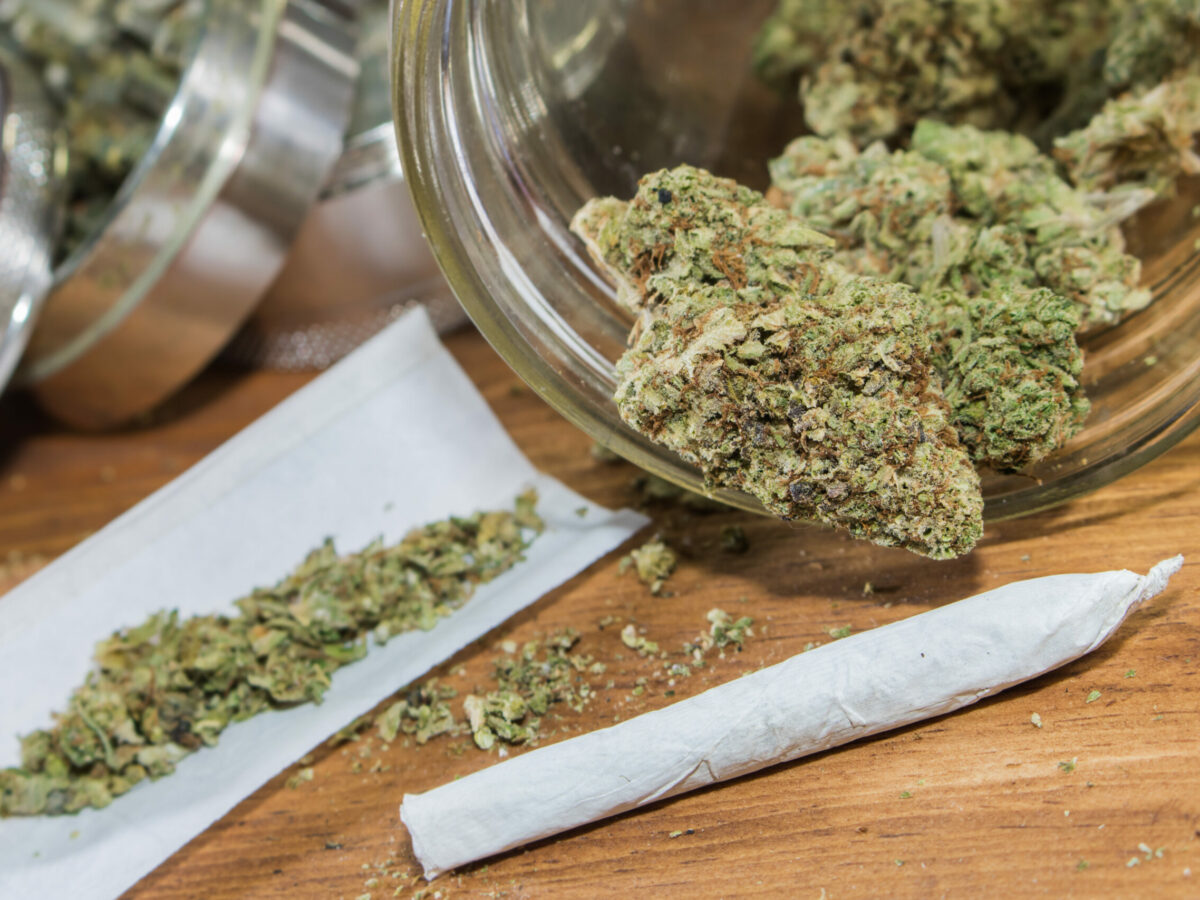For the fifth year in a row, Maryland lawmakers are working to pass legislation to protect medical weed patients’ gun freedoms.
Sen. Michael Hough (R-Frederick and Carroll counties) is sponsoring SB 286, which would prohibit authorities from enforcing federal law against Maryland medical cannabis patients who purchase, own, possess and carry firearms.
Federal law currently prohibits “unlawful users of any controlled dangerous substance,” including weed, from possessing a firearm. While Hough’s bill wouldn’t supersede federal law, it would make it almost impossible for authorities to enforce it. The bill is identical to the 2021 legislation that the Senate passed last year before it died in the House of Delegates.
Del. Robin Grammer (R-Baltimore County) is sponsoring a similar bill in the House, HB 482, which would take protections a step further by prohibiting state agencies from inquiring into a person’s status as a medical cannabis patient entirely.
Currently, the Maryland State Police’s firearm purchase application includes a question about the applicant’s status as a medical weed user, and bars purchases for those who disclose their use of cannabis. HB 482 includes a provision that would make it legal for medical weed patients to not disclose their weed use if asked by a state agency for the purpose of approving a firearm purchase.
“If you own a firearm and you get that card, you’re suddenly a criminal. You can have charges pressed, you can be arrested, you can have warrants on you,” Grammer said in an interview with The Outlaw Report, adding that possession of an illegal firearm is grounds for a no-knock warrant.
“That’s the most immediate reason we should pass [this bill], because you’re frankly just making criminals out of thousands and thousands of Marylanders,” he said.
Maryland has more than 148,000 certified medical cannabis patients, according to the latest available data from the Maryland Medical Cannabis Commission.
Grammer explained that because state authorities serve as the point of contact for enforcement of federal gun laws, prohibiting authorities from enforcing prohibitions for cannabis users would sufficiently protect medical cardholders from state-level prosecution.
Del. C.T. Wilson (D-Charles County) was among the lawmakers who vocally opposed such changes in 2021, citing concerns that federal authorities would still be allowed to enforce federal law on Maryland residents who have medical weed cards and own a firearm. In a previous interview with The Outlaw Report, Wilson said, “At best, I guess we are going to hope the police, judge or prosecutor understand the confusion we have created.”
Working as a firearms instructor in Maryland, Daniel Carlin-Weber said he has personally turned away students who are medical patients because they are not legally permitted to own a firearm. He has been following the issue closely.
“It’s downright awful to me that if I were afflicted with something weed could help with, I’d have to disarm and leave the world I love behind to get treated,” he told The Outlaw Report.
However, Carlin-Weber isn’t hopeful that this fifth attempt to reconcile the contradiction between state and federal law will pass.
“The problem is that even if the state did move forward, users are still at risk of being prosecuted federally, and local prosecutors could still use one’s status as a federally prohibited person in possession of a firearm as grounds to get a warrant and prosecute other crimes,” he said.
Other states that have passed similar protections include Oklahoma and Montana, which have some of the highest rates of gun ownership in the country. Authorities in those states do not have access to the state’s medical cannabis patient database and are prohibited from enforcing federal gun laws based on cannabis use alone.
Ultimately, it’s up to the federal government to outright legalize gun ownership for weed users, and the few attempts to do so have failed. Until that happens, states seeking to protect medical patients’ gun freedoms can only prevent their own authorities from enforcing federal gun laws and prohibit the use of state resources to assist federal enforcement.
The Senate Judicial Proceedings Committee will hold a hearing for Hough’s bill at 1 p.m. this Tuesday.



